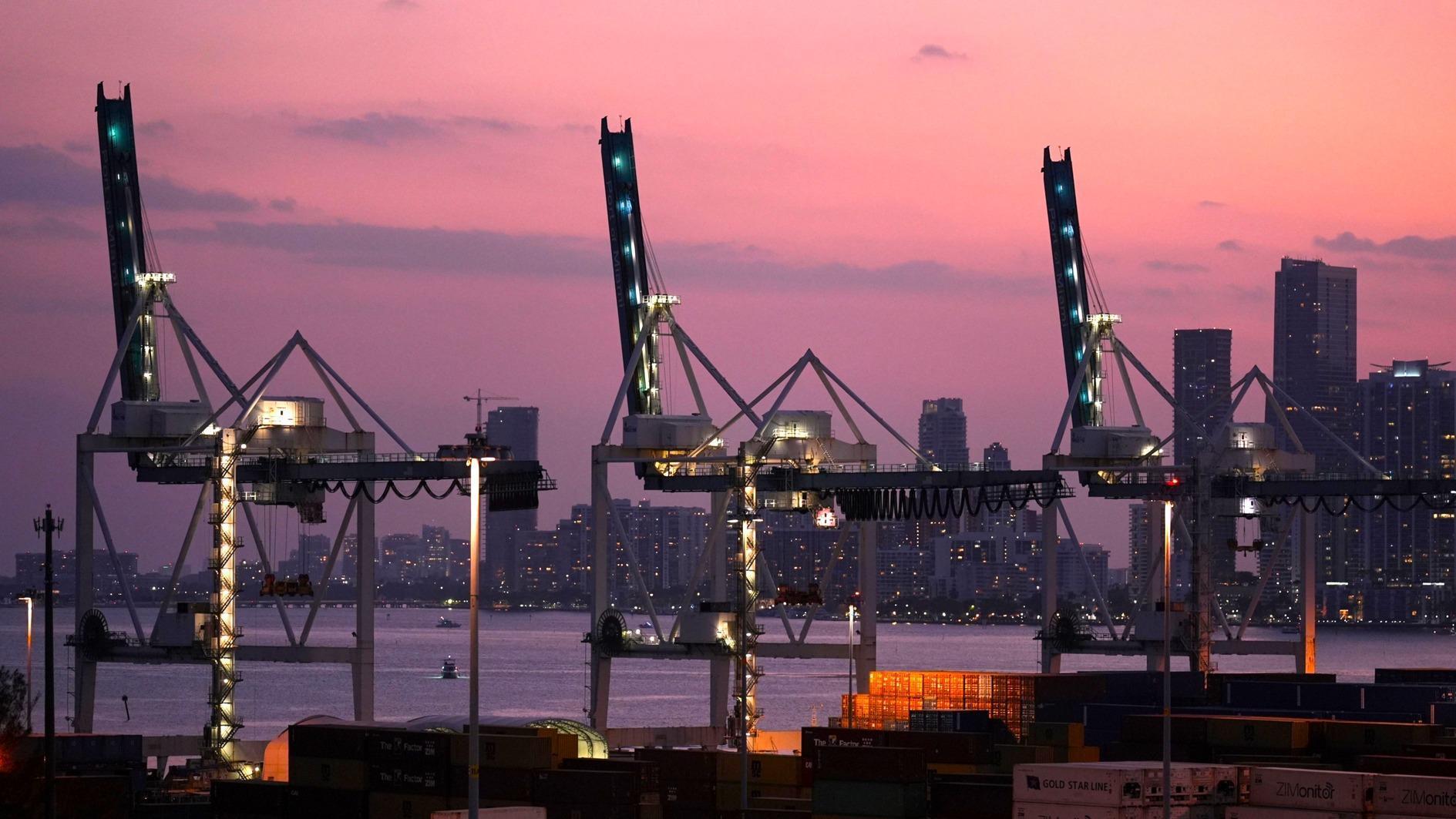Greece eyes new vote as PM to seek absolute majority
ATHENS

A day after national elections failed to produce a single-party government, Greece on Monday was bracing for a new ballot which vote-winner Prime Minister Kyriakos Mitsotakis' party is poised to seek in order to govern alone.
The conservative New Democracy party of Mitsotakis scored a thumping win in Sunday's vote, with a clear 20-point lead over its nearest rival -- Syriza led by leftist Alexis Tsipras.
Voters handed the conservatives their best result since 2007, crediting the party with bringing economic stability back to a nation once known as an EU laggard.
But the win fell short of an outright majority, leaving Mitsotakis with the option of either seeking a coalition or calling a new vote.
Left-wing daily Efsyn on Monday was headlined "Shock and awe", a feeling shared by both New Democracy and Syriza voters, while pro-government Proto Thema noted that the double-digit divide was the widest seen in the country since 1974.
Mitsotakis himself said the "great victory surpassed our own expectations".
With the count almost complete, New Democracy won 146 seats in the 300-deputy parliament -- five short of a majority.
The 55-year-old Harvard graduate on Sunday made clear his preferred option for a new ballot.
"Together we will fight as of tomorrow, so that in the next elections, what citizens have already decided -- a self-reliant New Democracy -- will be mathematically confirmed at the ballot."
"We will move forward, boldly and steadily, to complete today's important first step, and be the final winners," he said, adding that Greeks "want a strong government".
Tsipras also set the stage for a new vote, now expected as early as June 25, saying "the electoral cycle is not over yet".
The next battle, he said, will be "critical and final".
Interim interior minister Calliope Spanou is expected to formally announce the results at midday on Monday.
President Katerina Sakellaropoulou will then summon Mitsotakis and formally hand him a mandate to seek alliances in forming a coalition government -- which the conservative leader has already indicated he will decline.
Similar mandates to Syriza and third-placed socialist party Pasok-Kinal are also doomed to failure, given Sunday's result.
Under the constitution, Sakellaropoulou is then obliged to ask the five parties who made it to parliament Sunday to cooperate in forming a government.
Failing that, a senior judge will be named interim prime minister and call for new elections.
In power over the last four years, former McKinsey consultant Mitsotakis, 55, had steered the country through the pandemic which devastated Greece's vital tourism industry.
On his watch, the erstwhile EU economic headache has enjoyed a post-Covid revival, booking growth of 5.9 percent in 2022.
With unemployment and inflation falling, and growth this year projected at twice that of the European Union average, Greece's outlook was a far cry from the throes of the crippling debt crisis a decade ago.
Mitsotakis' term had been blighted by a wiretapping scandal as well as a train crash that claimed 57 lives in February.
The government initially blamed the accident -- Greece's worst-ever rail disaster -- on human error, even though the country's notoriously poor rail network has suffered from years of under-investment.
Nevertheless, neither the accident nor the wiretapping scandal appeared to have dented support for his conservatives -- which scored a far bigger win than that predicted by opinion polls ahead of the vote.
Despite the massive protests that broke out in the aftermath of the rail crash, the transport minister at the time, Kostas Karamanlis, was reelected on Sunday.
Under a new electoral law that comes into play in the next election, the winner can obtain a bonus of up to 50 seats. Based on Sunday's showing and that calculation, New Democracy is virtually assured of a victory.
But the left will likely seek to turn the tide by campaigning on cost-of-living problems which occupy many voters' minds.
Both Tsipras and socialist party Pasok-Kinal, led by 44-year-old Nikos Androulakis, face an uphill task however.
Pasok picked up just 11.46 percent of the vote.
Another casualty Sunday was Tsipras' former maverick finance minister Yanis Varoufakis, whose anti-austerity MeRA25 party failed to garner enough support to make it to parliament.
















